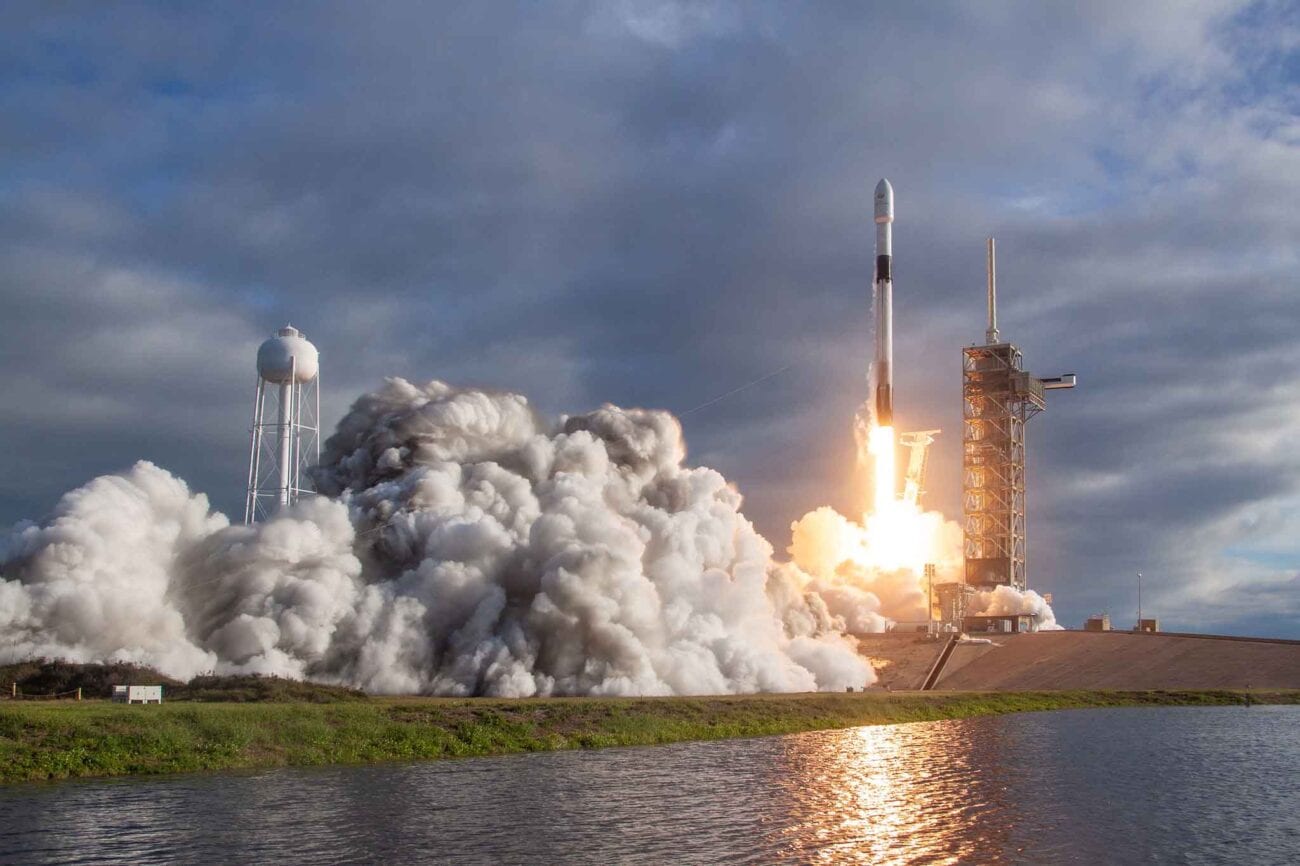World Rocket launch Schedule for October 2020
7th Oct 2020
When it comes to rocket launches, it is difficult to make definite predictions. Launches are often delayed due to malfunctions or weather conditions. However, it is even worse when malfunctions are revealed after takeoff and lead to the loss of the rocket as well as potentially losing valuable cargo. In the past months, several companies have faced major setbacks due to unsuccessful launches. Unfortunately, these are inevitable industry costs, but fortunately, they are not an obstacle to the development of the space industry. October 2020 promises to be especially busy with launches. Let’s start with those who are at the forefront.
SpaceX Falcon 9, Crew Dragon
SpaceX, as always, sets ambitious goals and they do not disappoint following through with these plans. The company has been actively working on the deployment of the global Starlink satellite Internet network for the second year already.
As of the end of September, over 700 SpaceX satellites have already been launched into orbit. However, more rocket launches were planned. The launch of the 13th series which planned to take 60 satellites into orbit did not take place at the end of September as planned as weather conditions prevented it. The launch eventually took place in the first week of October and will not be the only one this month. Almost immediately after the 13th Starlink series was launched, the 14th rocket should follow and in the second half of the month the 15th rocket, which will increase the number of SpaceX units in orbit to 900.
In addition to Starlink, SpaceX plans to send a number of other objects into orbit in October. They also plan to launch the fourth US Air Force navigation satellite GPS 3 SV04, built by Lockheed Martin. This rocket launch has been postponed 6 times (through no fault of SpaceX). The Maxar Technologies SXM 7 radio satellite for SiriusXM will also be launched by SpaceX and the series will be completed by the Crew Dragon operational flight, carrying 4 astronauts on board on 23rd October.
Northrop Grumman, Antares
The Northrop Grumman Antares rocket launched the 15th Cygnus freighter as part of the 14th phase of the NG-14 mission to deliver cargo to the International Space Station. This mission was already postponed several times. The first cancellation was on 31st August, then again on 29th September. The rocket successfully launched on 2nd October, carrying 8,000 pounds of supplies up to the International Space Station.
Rocket Lab, Electron
Rocket Lab is planning as many as three rocket launches in October, two of them planning to occur on the same day. However, none of the dates have been confirmed so far. The first launch for an undeclared mission is expected to take place on 15th October from a spaceport in New Zealand. The SAR satellite StriX-α will be launched from the same place and this launch is expected to happen on 31st October.
However, the most interesting event should be the launch of an experimental satellite as part of the US Air Force space test program called Monolith. This launch is also planned for 31st October and is due to take-off from a new RocketLab launch site at the Mid-Atlantic Regional Spaceport on Wallops Island, Virginia for the first time.
ULA: Delta IV-Heavy, Atlas 5
The rocket launch of the Delta IV-Heavy with the secret US NRO spy satellite NROLL-44 on board was supposed to take place in September but was postponed, either due to weather conditions or due to malfunctions. The last launch attempt on 30th September had to be postponed due to a sudden malfunction of the mobile service tower hydraulics. Once it is eliminated, ULA will make another attempt to send NROLL-44 into orbit and will hopefully launch the rocket during the first half of October.
In addition, ULA plans to launch another Atlas 5 heavy rocket in October, which will launch the secret NRO USA spacecraft into orbit.
Roscosmos: Soyuz 2.1, Soyuz MS-17
Roscosmos has plans to launch a series of three rocket launches between 14th & 17th October. The first launch is to take place from the Baikonur spaceport in Kazakhstan. The task of the Soyuz 2.1a rocket is to launch a manned spacecraft, Soyuz MS-17, into orbit so as to deliver new members of the expedition to the International Space Station. The carrier will not only deliver the new crew members but will also stay at the station for about six months as a rescue capsule.
Another Soyuz 2.1a rocket will launch a high-resolution Falcon Eye 2 satellite for the United Arab Emirates from the Guiana Space Center in South America on 16th October. This launch has been postponed several times since 6th March.
The third planned launch of Roskosmos, which was also postponed from August, is to take place on 17th October from the Plesetsk spaceport. Rocket Soyuz 2.1b will launch a new-generation geostationary satellite, Glonass K, for the eponymous Russian geolocation system.
China: Long March and Kuaizhou 1A
The Celestial Empire’s plans in October are much more modest than in September. On 15th October, the Long March rocket is to launch the first part of the remote sensing satellites for the Satellogic constellation. And on the last day of the month, Kuaizhou 1A will try to correct its fatal mistake in September and launch two commercial Jilin ERS satellites into orbit.
In total, a record number of launches in 2020 is planned for October – 16 in total. If all of them take place, then the July record with 14 launches will be broken. Wait for the rocket launch and see!






Thank you for your comment! It will be visible on the site after moderation.